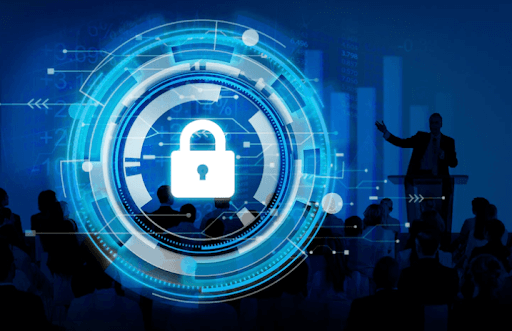In today’s era, cyber assurance security should be a top issue for all companies. The cyber hazards created by the digital era should not be overlooked, regardless of your industry. The consequences are far too severe, ranging from reputational damage to fines and, in the worst-case scenario, the loss of the entire company.
Reality of 2022
Unfortunately, many organisations continue to lag behind in terms of security awareness as well as defending their networks, systems, and devices from persistent threats. Many security mechanisms are, in fact, obsolete. Employees are also not sufficiently trained on cyber security best practices. This makes it vital for the corporates to invest in the cyber security agencies offering threat detection services.
Industries that are Highly Affected by Digital Threats
➤Healthcare Industry
Every year, over a million health records are stolen. On the dark web, these very sensitive documents can be sold for hundreds of dollars each. Preventing a cyber-attack, on the other hand, costs merely $8 per patient. As a result, healthcare facilities may maintain uptime, protect their reputation, and avoid regulatory fines and liabilities worth hundreds of thousands of dollars. Not to add that ransomware is one of the most common types of cybercrime.
➤Manufacturing Industry
Textiles, automotive, electronics, pharmaceuticals, and more industries fall under the manufacturing umbrella. The automotive and chemical industries are the most targeted. Intellectual property is undoubtedly valuable in the manufacturing industry. As a result, manufacturing is a popular target for hackers looking for money. Moreover, risk compliance standards in the manufacturing business are not as severe as in financial services or healthcare. Manufacturing cyber security, as you can see, is critical.
➤ Government Sectors
Government agencies are gold mines for hackers. Data ranging from social data to digital fingerprints & commercial contracts is stored by the government. Cyber attacks on government entities have increased by 1,300 per cent since 2006. Nonetheless, local government cyber security is not as strong as expected. Because of the nature of their data, certain agencies require rotating in-house IT teams. Furthermore, bureaucracy makes it impossible for the government to be as responsive to new dangers as it needs to be.
➤Financial Sector
The top industry that is attacked mostly by hackers is the financial industry. Banks are a popular choice. There hasn’t been a single large bank that hasn’t been hacked. Better financial cyber security is urgently required.
This problem will only get worse as more people go to online banking. Employees and/or stolen devices are responsible for a large portion of the hacking. Hence, banks deal with large sums of money, and most malicious hackers got their eye on them for the money.
➤Educational Institutions
Malware and ransomware are two of the most common dangers to higher education. Credit card information, government-issued IDs, and private contact information are all stored in schools. Furthermore, school records can be sold on the dark web to persons looking to improve their job prospects or even change their identities.
Last Point of Views
Cyber security responsibility is almost every kind of industry in this digital age. Moreover, the growing number of regular digital dangers encourages commercial sectors to invest in cyber security.
Data aggregation is the process where raw data is gathered and summarized in a quantitative format, and is typically used to gain macro insights from large amounts of data.
Read More at Ureadit.com

